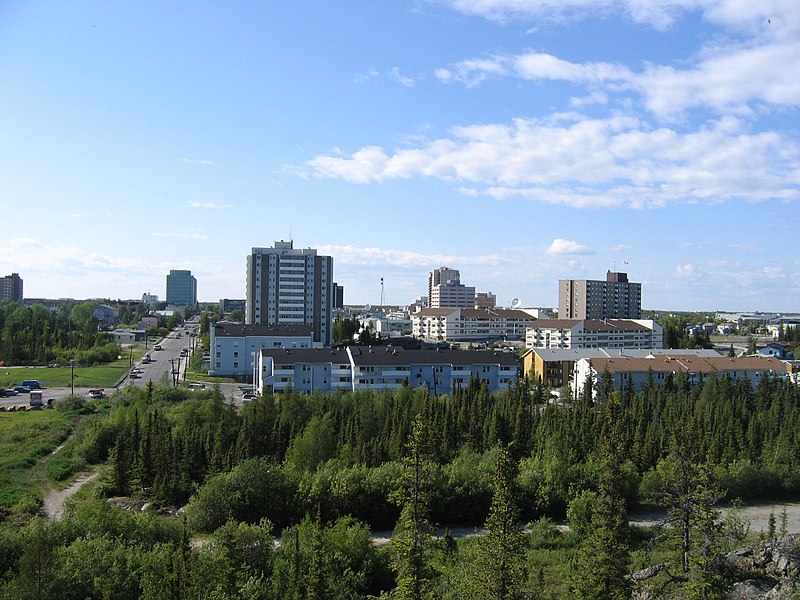In the following link is the proposed new criteria that the DSM will use in diagnosing Autism: http://www.dsm5.org/ProposedRevision/Pages/proposedrevision.aspx?rid=94#
I'm not sure what to think. Since I'm not a psychologist I can't say too much on the exact criteria but I do know I'm not comfortable with the way people are interpreting the DSM. The DSM has a difficult task of trying to absolutizing what is not absolute (or at least not a perfect science). I'm not implying that Autism is subjective, but such conditions are elusive to define. Some people seem to approach the DSM the same way a religious fundamentalist approaches Sacred Scripture except that the DSM is not even Divinely inspired. It also takes some intuition to properly apply the DSM. To me Autism does have a distinct pattern and while not all Autistic people may need the same level of services as those with severe symptoms, they still may be autistic. On the other hand there may be those with severe symptoms who might not be Autistic, but still need services since they have something. Now I may have some tendency towards bias since I am on the spectrum myself although as far as I know I will still meet the revised criteria. Either way I'm not going to lose my diagnosis but I am concerned to the future generations who may be affected by this. Like I said before I'm not implying that the DSM is wrong, I just think people need a more flexible attitude in interpreting it. I mean no matter how carefully something like this is worded if someone really wants to either obtain or avoid a certain diagnosis one can still find ways to manipulate their observations. Think of it this way, many people claim to go by the Bible and the Constitution of whatever country they live in, yet they still don't agree on how to interpret it and apply it to individual situations. Otherwise we wouldn't need theologians or a Supreme Court (and even the best theologians and judges don't agree on all the details).
If you look at the link notice what it says in Category D: For something to be a "disorder" the symptoms together have to impair everyday life. This is the most important thing for every diagnosis. (I use the word "perhaps" a lot in this blog as a way to admitting that I'm not an authority on this.) Now perhaps, there are people who don't have Autistic Spectrum "Disorder" but they are nevertheless on the Autistic Spectrum. Such people may be some of the undiagnosed famous people who are commonly speculated about. Also one's environment and culture can determine whether or not the symptoms impair their daily life. For example a woman with Agoraphobia living in a culture or time when women rarely left the home may not get diagnosed since her symptoms don't impair their daily life anyway. Yet, the same woman in the modern world will then have it. Stuff like this is why why it's so easy to put a spin in news stories about Autism and other things. Facts aren't always truth. If a dying town has only one family left and a new family moves in for a specific reason, one can say the town's population doubled and it may make it the fastest growing town in a certain state. Should the town's mayor spin this to make it sound like it is now a boom town? Also it is important to note that many people have a trait or two of OCD, or a short attention span, a few mood swings... It doesn't mean they have OCD, ADD or Bipolar Disorder unless it messes up their lives. I'm using these above examples to show how important the "D" category is.
One other thing to remember about the DSM... It is used mainly in the English speaking world. Maybe it is possible to be Autistic in one country but not in the US if the country has a different criteria, yet the person in question can travel from one country to the other and still be the same person. As far as I know the DSM is not universal. Until they come up with a "blood test" for Autism (hypothetically of course), I don't see there being a perfect, "one-size-fits-all" diagnostic criteria for it. The professional manuals will just keep revising and trying to do their job in identifying patterns and then clarifying them as research continues. It's a never-ending process.
I'm not sure what to think. Since I'm not a psychologist I can't say too much on the exact criteria but I do know I'm not comfortable with the way people are interpreting the DSM. The DSM has a difficult task of trying to absolutizing what is not absolute (or at least not a perfect science). I'm not implying that Autism is subjective, but such conditions are elusive to define. Some people seem to approach the DSM the same way a religious fundamentalist approaches Sacred Scripture except that the DSM is not even Divinely inspired. It also takes some intuition to properly apply the DSM. To me Autism does have a distinct pattern and while not all Autistic people may need the same level of services as those with severe symptoms, they still may be autistic. On the other hand there may be those with severe symptoms who might not be Autistic, but still need services since they have something. Now I may have some tendency towards bias since I am on the spectrum myself although as far as I know I will still meet the revised criteria. Either way I'm not going to lose my diagnosis but I am concerned to the future generations who may be affected by this. Like I said before I'm not implying that the DSM is wrong, I just think people need a more flexible attitude in interpreting it. I mean no matter how carefully something like this is worded if someone really wants to either obtain or avoid a certain diagnosis one can still find ways to manipulate their observations. Think of it this way, many people claim to go by the Bible and the Constitution of whatever country they live in, yet they still don't agree on how to interpret it and apply it to individual situations. Otherwise we wouldn't need theologians or a Supreme Court (and even the best theologians and judges don't agree on all the details).
If you look at the link notice what it says in Category D: For something to be a "disorder" the symptoms together have to impair everyday life. This is the most important thing for every diagnosis. (I use the word "perhaps" a lot in this blog as a way to admitting that I'm not an authority on this.) Now perhaps, there are people who don't have Autistic Spectrum "Disorder" but they are nevertheless on the Autistic Spectrum. Such people may be some of the undiagnosed famous people who are commonly speculated about. Also one's environment and culture can determine whether or not the symptoms impair their daily life. For example a woman with Agoraphobia living in a culture or time when women rarely left the home may not get diagnosed since her symptoms don't impair their daily life anyway. Yet, the same woman in the modern world will then have it. Stuff like this is why why it's so easy to put a spin in news stories about Autism and other things. Facts aren't always truth. If a dying town has only one family left and a new family moves in for a specific reason, one can say the town's population doubled and it may make it the fastest growing town in a certain state. Should the town's mayor spin this to make it sound like it is now a boom town? Also it is important to note that many people have a trait or two of OCD, or a short attention span, a few mood swings... It doesn't mean they have OCD, ADD or Bipolar Disorder unless it messes up their lives. I'm using these above examples to show how important the "D" category is.
One other thing to remember about the DSM... It is used mainly in the English speaking world. Maybe it is possible to be Autistic in one country but not in the US if the country has a different criteria, yet the person in question can travel from one country to the other and still be the same person. As far as I know the DSM is not universal. Until they come up with a "blood test" for Autism (hypothetically of course), I don't see there being a perfect, "one-size-fits-all" diagnostic criteria for it. The professional manuals will just keep revising and trying to do their job in identifying patterns and then clarifying them as research continues. It's a never-ending process.





























